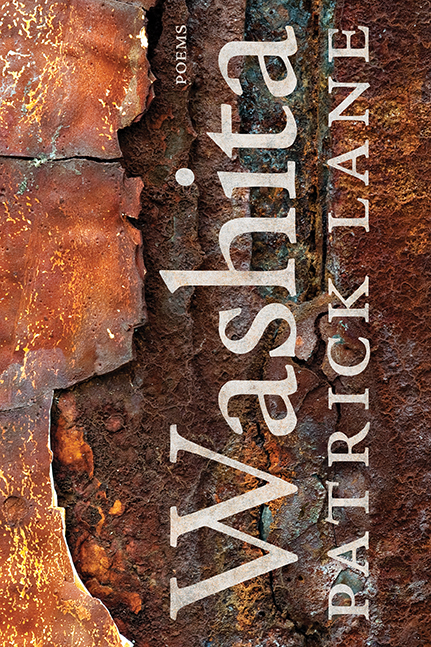An anthology by Canadian poet Patrick Lane, Washita’s narrative stumbles laboriously like a circus bear on fire. It effectively embraces the disjointed reminiscence of old age, groping at limbs of sentimentality I usually reserve for commercials featuring glassy-eyed dogs and Sarah McLachlan.
The anthology is meant as a disjointed autobiography, transcending personal experiences to contemplate the complexities of reality, as well as, according to the back cover, “the perversion of nature and acquisition of wisdom.” I’m too preoccupied with the annoying justification of the inner text (flush left, upper page) to read any further into it.
It’s easy to drown in the viscous nature imagery and rhetorical musings, which are accompanied by obscure, outdated references (the 79-page book has a three-page glossary to address that) and diction similar to an American poetry anthology from the 1920s abandoned in the trunk of my car. Although I appreciate the stylistic consistency, the repetitive visual imagery prevents me from being immersed in the deeper narrative.
I could easily relate Lane’s style of prose to James Joyce’s nearly unreadable Ulysses, complete with randomly interjected italicized adjectives between lines. This is both a compliment and a criticism, as my love-hate relationship with Ulysses is akin to watching a solar eclipse without any eye protection: you have to turn away every few minutes to salvage your burning retinas.
It may be the fault of youth that leads me to be so critical of Lane’s prose: it reads through the paradigm of a man 75 years of age. As a young woman of 20, it’s difficult to relate to the pastoral analogies between Lane’s wilderness experiences and a modern reality. Despite this, I praise the introspectiveness of the poem “Solstice Coming,” which describes Lane’s struggle with mental clarity and mobility in old age, relying on more easily digestible similes and literal description to promote empathy.
“Coming out of the night is harder than you think,” advises Lane in the poem “Early Promises.” That line sums up quite nicely my short literary affair with Washita: fumbling blindly through the dense narrative, I came with relief to the last page… but found myself wanting to throw myself back in and find the reflections I suspect I missed, the ones that are hidden between the lines.

